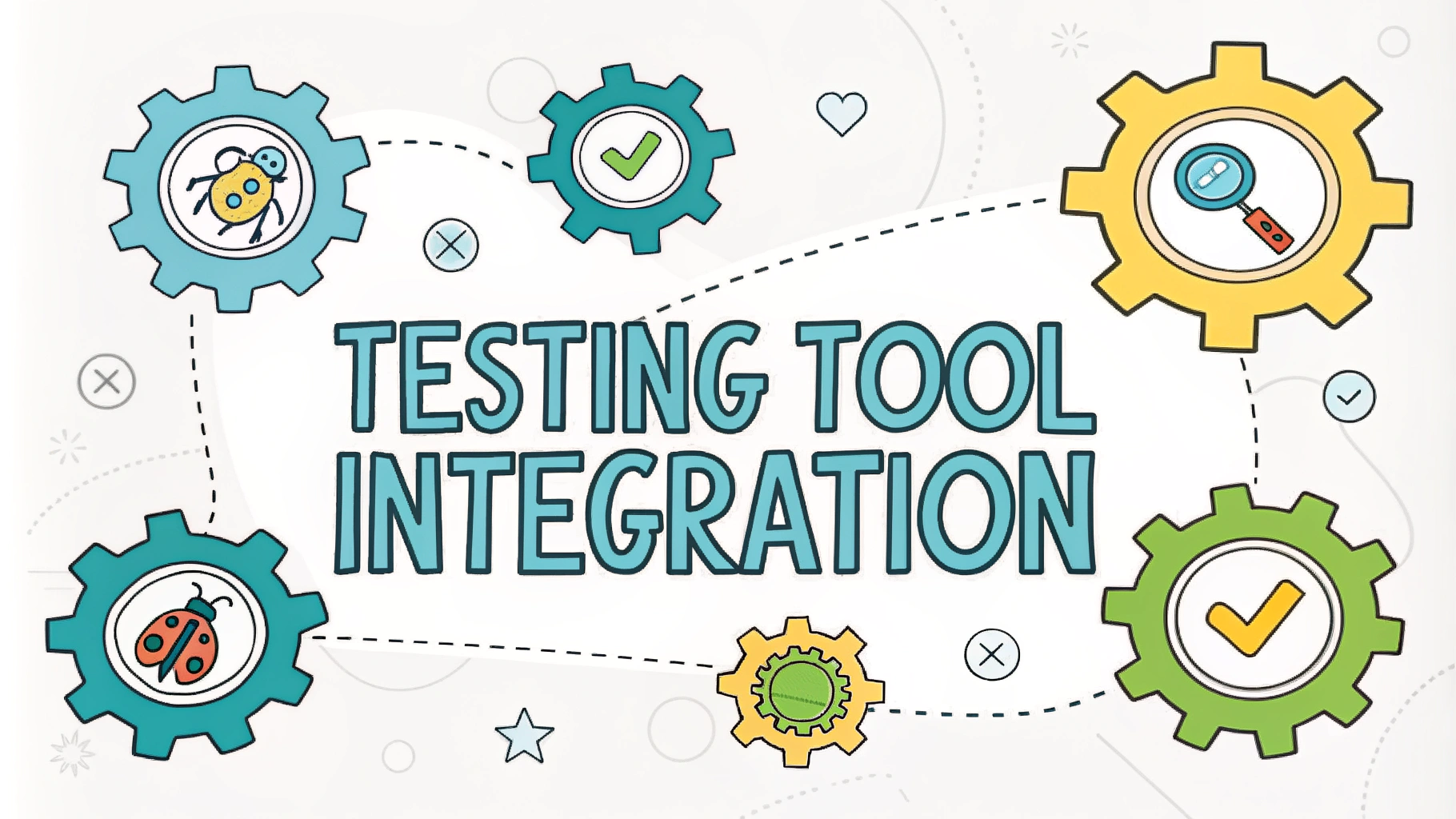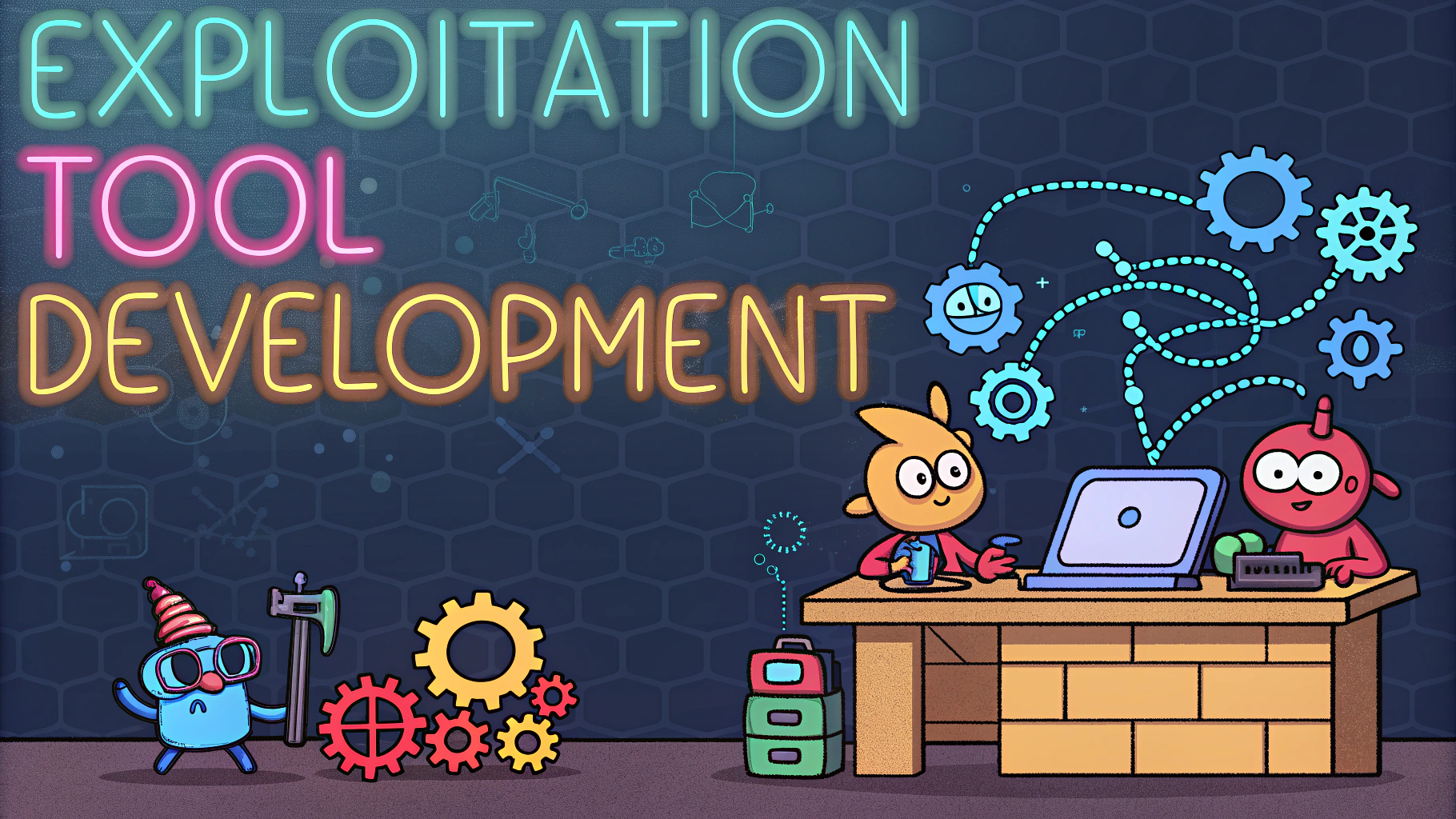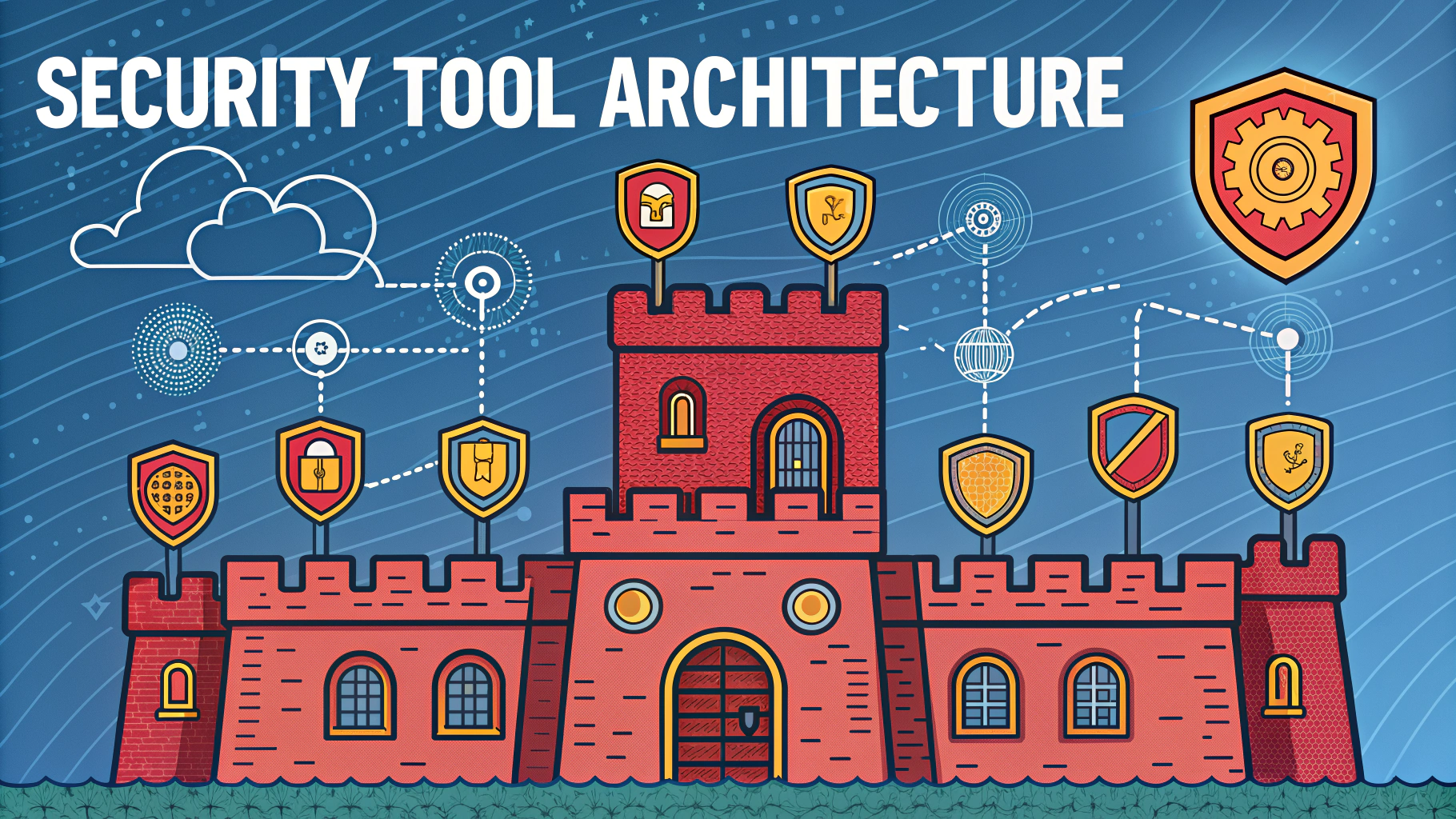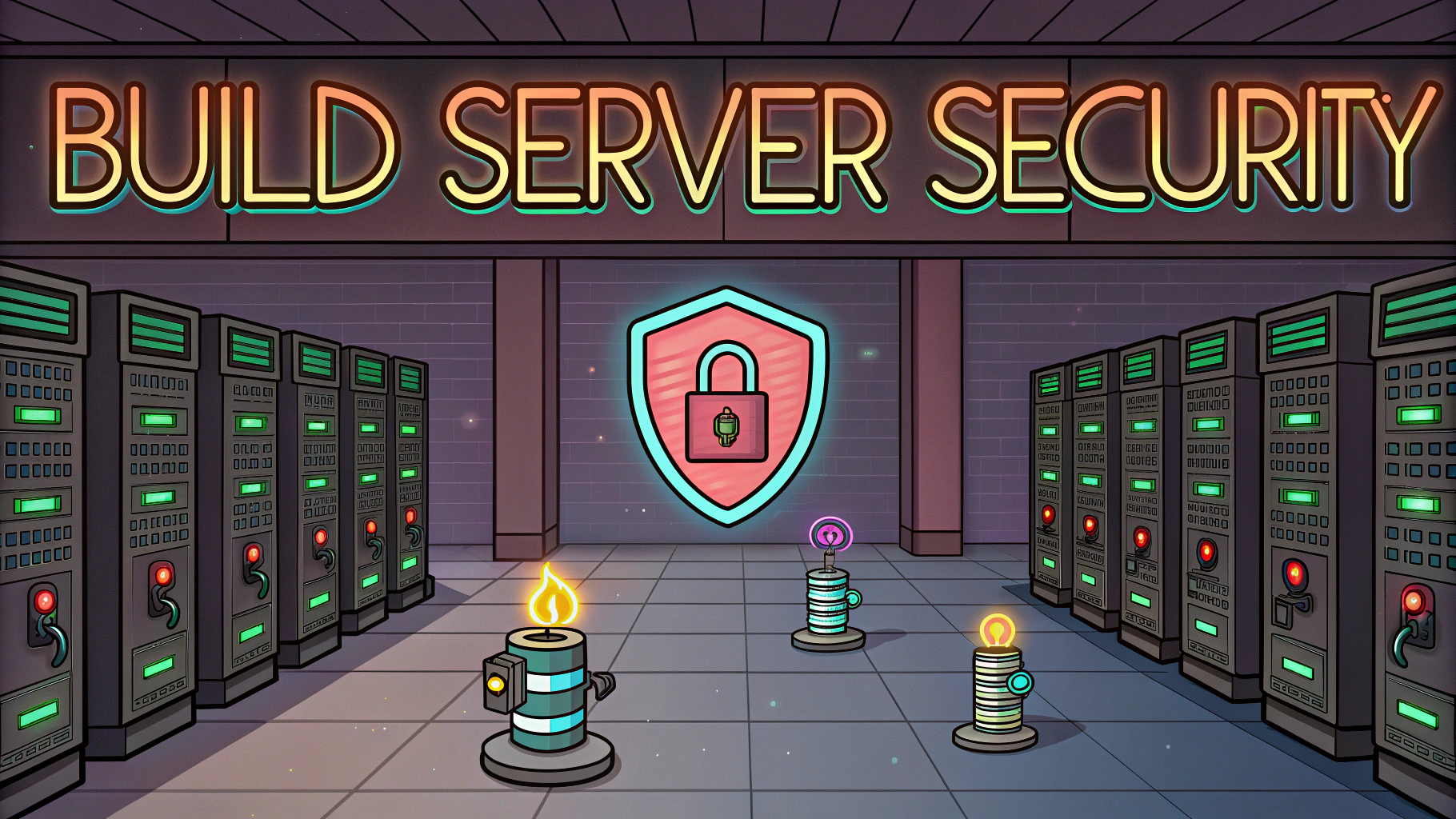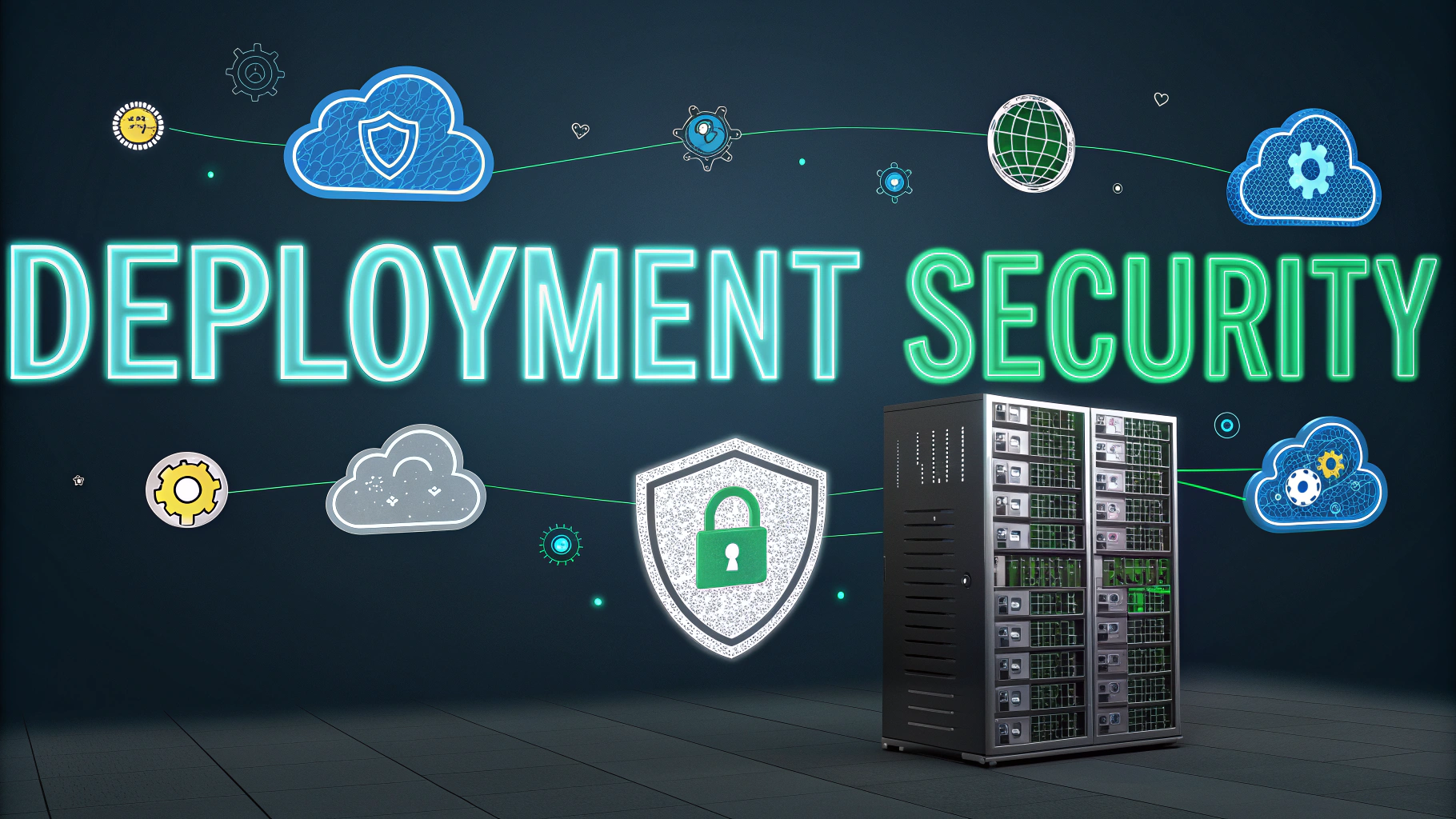Learning penetration testing requires a solid foundation in cybersecurity concepts and hands-on practice.
The right books can provide both theoretical knowledge and practical exercises to build your skillset systematically.
This quick guide covers essential books for beginners starting their journey in penetration testing.
Core Reading List for Beginners
- Penetration Testing: A Hands-On Introduction to Hacking by Georgia Weidman
- Perfect first book for absolute beginners
- Covers basic tools like Kali Linux, Metasploit, and Wireshark
- Includes practical labs and exercises
- The Web Application Hacker’s Handbook by Dafydd Stuttard
- Focuses on web application security testing
- Detailed explanations of common vulnerabilities
- Industry-standard reference material
Supplementary Reading Materials
- The Basics of Hacking and Penetration Testing by Patrick Engebretson
- Step-by-step introduction to ethical hacking
- Clear explanations for beginners
- Metasploit: The Penetration Tester’s Guide by David Kennedy
- Deep dive into the Metasploit Framework
- Essential for learning exploitation techniques
Free Online Resources
- Metasploit Unleashed – Free course by Offensive Security
- Hack The Box – Practice platform with free tier
- PortSwigger Web Security Academy – Free web security training
Practical Learning Tips
Set up a home lab with virtual machines to practice safely and legally.
Join online communities like /r/netsec to stay updated with current security trends.
Complete hands-on exercises in each book before moving to the next one.
Building Your Personal Library
| Level | Recommended Book | Focus Area |
|---|---|---|
| Beginner | Penetration Testing by Georgia Weidman | Foundation concepts |
| Intermediate | The Web Application Hacker’s Handbook | Web applications |
| Advanced | Red Team Field Manual | Quick reference |
Next Steps in Your Learning Journey
Consider obtaining the CompTIA Security+ certification before advancing to more complex penetration testing topics.
Join local security meetups and conferences to network with experienced professionals.
Start documenting your learning process and create your own penetration testing methodologies.
Advanced Training Resources
After mastering the basics, explore specialized training platforms to enhance your penetration testing skills:
- Offensive Security Courses
- OSCP certification training
- Advanced exploitation techniques
- Real-world scenarios
- eLearnSecurity Courses
- Structured learning paths
- Professional certification tracks
- Virtual lab environments
Specialization Paths
Web Application Testing
- OWASP Testing Guide
- Bug bounty platforms
- Modern web technologies
Network Penetration Testing
- Infrastructure assessment
- Wireless network testing
- Active Directory exploitation
Building Professional Experience
Document all testing procedures and maintain detailed reports of your practice sessions.
Create a portfolio of your projects using platforms like GitHub.
Participate in bug bounty programs to gain real-world experience.
Mastering the Penetration Testing Mindset
Develop a security-focused approach to problem-solving and system analysis.
Stay current with emerging threats and vulnerabilities through continuous learning.
Remember that ethical considerations should guide all testing activities.
FAQs
- What are the essential books for beginners in penetration testing?
“The Basics of Hacking and Penetration Testing” by Patrick Engebretson, “Penetration Testing: A Hands-On Introduction to Hacking” by Georgia Weidman, and “Hacking: The Art of Exploitation” by Jon Erickson are foundational texts for beginners. - Should I start with practical guides or theoretical books?
Begin with practical guides like “Metasploit: The Penetration Tester’s Guide” as they provide hands-on experience while gradually introducing theoretical concepts. - Which books focus on web application security testing?
“The Web Application Hacker’s Handbook” by Dafydd Stuttard and Marcus Pinto, and “OWASP Testing Guide” are essential for web application security testing. - Are there any books that cover network penetration testing specifically?
“Network Security Assessment” by Chris McNab and “Nmap Network Scanning” by Gordon “Fyodor” Lyon are excellent resources for network penetration testing. - What books cover wireless network testing?
“Kali Linux Wireless Penetration Testing Beginner’s Guide” by Vivek Ramachandran and Cameron Buchanan is comprehensive for wireless security testing. - Which programming books are recommended for penetration testers?
“Black Hat Python” by Justin Seitz and “Violent Python” by TJ O’Connor are essential for learning programming in the context of penetration testing. - Are there any books focusing on modern mobile security testing?
“Mobile Application Penetration Testing” by Vijay Kumar Velu and “Android Hacker’s Handbook” by Joshua J. Drake are valuable resources for mobile security testing. - What books cover social engineering techniques?
“Social Engineering: The Science of Human Hacking” by Christopher Hadnagy and “The Art of Deception” by Kevin Mitnick provide comprehensive coverage of social engineering methods. - Which certification-focused books are recommended for beginners?
“CompTIA PenTest+ Study Guide” and “CEH Certified Ethical Hacker Study Guide” are excellent for certification preparation. - What books cover malware analysis for penetration testers?
“Practical Malware Analysis” by Michael Sikorski and “Learning Malware Analysis” by Monnappa K A are essential for understanding malware behavior.

